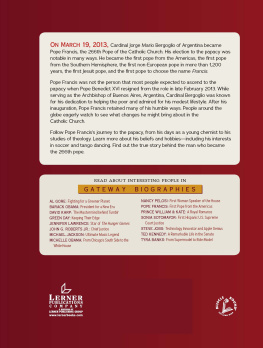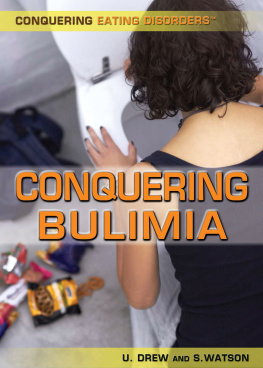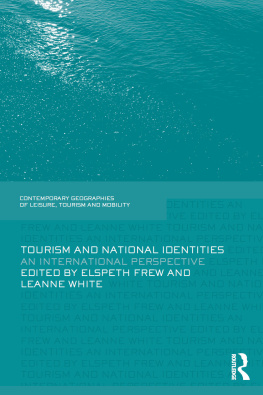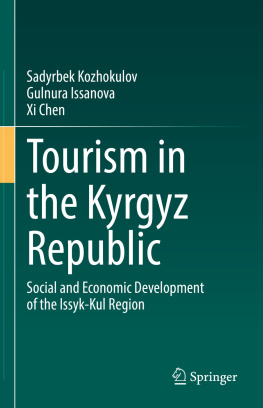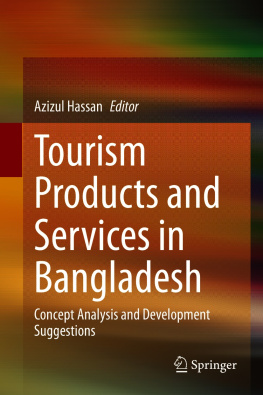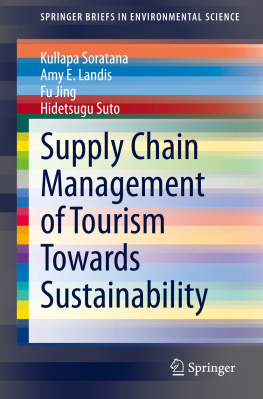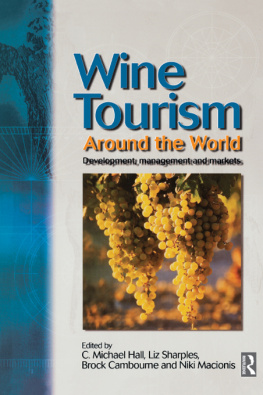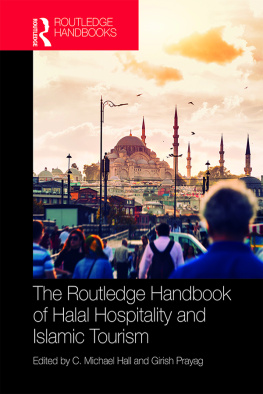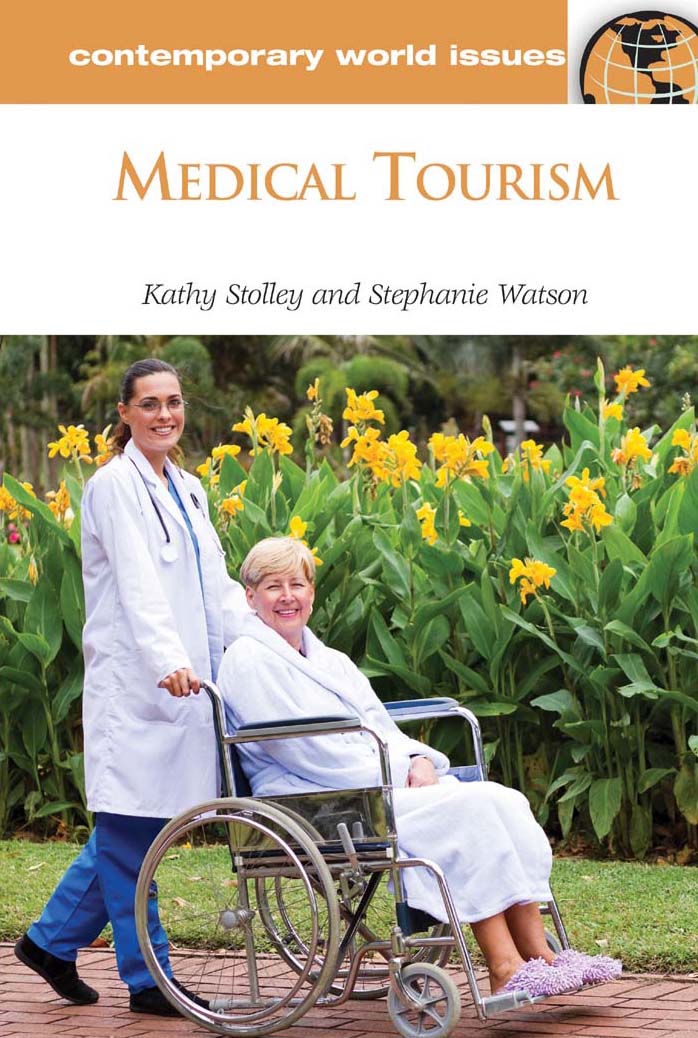Kathy Stolley
KATHY STOLLEY is Batten Associate Professor of Sociology at Virginia Wesleyan College in Norfolk, Virginia. Her emphasis is applied sociologyusing sociological tools and perspectives to bring about positive social change. She has worked in various sociological practice positions outside of academics, including policing, organizational consulting, freelance writing, and social science research. Stolley holds a Ph.D. in Sociology from The George Washington University in Washington, DC. Her previously published books are The Basics of Sociology (Greenwood, 2005), The Praeger Handbook of Adoption co-edited with Vern L. Bullough (Praeger, 2006), and HIV/AIDS, co-authored with John E. Glass (Greenwood, 2009).
Stephanie Watson
STEPHANIE WATSON has been a freelance writer and editor specializing in health and science for more than 12 years. Her clients have included WebMD, A.D.A.M. (MedlinePlus), Sharecare, Rosen Publishing, and Thomson Gale. Prior to launching her freelance writing career, she was a producer for The Travel Channel, and a writer/producer for Weather.com. Watson holds a B.S. in Mass Communications from Boston University in Boston, Massachusetts, with a minor in English. Her previously published works include Understanding Obesity: The Genetics of Obesity (Rosen Publishing, 2008), Genetic Diseases and Disorders: Spina Bifida (Rosen Publishing, 2008), and (as a contributor) Biotechnology: Changing Life Through Science (UXL, 2007).
Medical Tourism
A Reference Handbook
Kathy Stolley and Stephanie Watson

Copyright 2012 by ABC-CLIO, LLC
All rights reserved. No part of this publication may be reproduced, stored in a retrieval system, or
transmitted, in any form or by any means, electronic, mechanical, photocopying, recording, or
otherwise, except for the inclusion of brief quotations in a review, without prior permission in
writing from the publisher.
Library of Congress Cataloging-in-Publication Data
Stolley, Kathy S.
Medical tourism : a reference handbook / Kathy Stolley and Stephanie Watson.
p. cm. (Contemporary world issues)
Includes bibliographical references and index.
ISBN 978-1-59884-540-2 (hardback) ISBN 978-1-59884-541-9 (ebook) 1. Medical tourismHandbooks, manuals, etc. I. Watson, Stephanie. II. Title.
RA793.5.S76 2012
362.1dc23 2012004133
ISBN: 978-1-59884-540-2
EISBN: 978-1-59884-541-9
16 15 14 13 12 1 2 3 4 5
This book is also available on the World Wide Web as an eBook.
Visit www.abc-clio.com for details.
ABC-CLIO, LLC
130 Cremona Drive, P.O. Box 1911
Santa Barbara, California 93116-1911
This book is printed on acid-free paper
Manufactured in the United States of America
Selected Titles in ABC-CLIOs CONTEMPORARY WORLD ISSUES Series
Autism Spectrum Disorders, Raphael Bernier and Jennifer Gerdts
Celebrity in the 21st Century, Larry Z. Leslie
Climate Change, David L. Downie, Kate Brash, and Catherine Vaughan
Domestic Violence, Margi Laird McCue
Education in Crisis, Judith A. Gouwens
Environmental Justice, David E. Newton
Genocide, Howard Ball
Global Organized Crime, Mitchel P. Roth
Latino Issues, Rogelio Senz and Aurelia Lorena Murga
Lobbying in America, Ronald J. Hrebenar and Bryson B. Morgan
Modern Homelessness, Mary Ellen Hombs
Modern Piracy, David F. Marley
Modern Sports Ethics, Angela Lumpkin
Obesity, Judith Stern and Alexandra Kazaks
Online Privacy, Robert Gellman and Pam Dixon
Same-Sex Marriage, David E. Newton
Sentencing, Dean John Champion
Sexual Health, David E. Newton
Space and Security, Peter L. Hays
Substance Abuse, David E. Newton
U.S. Border Security, Judith A. Warner
U.S. Space Policy, Peter L. Hays, Ph.D.
Virtual Lives, James D. Ivory
Women in Combat, Rosemarie Skaine
Women in Developing Countries, Karen L. Kinnear
Youth and Political Participation, Glenn H. Utter
For a complete list of titles in this series, please visit www.abc-clio.com
Contents
Preface
Throughout recorded history, people have traveled for health-related reasons. In the past decade, however, medical tourismthe new moniker for this type of travelhas become big business, involving millions of travelers annually. Once considered an industry niche, medical tourism has gone mainstream, and it has done so in a major way (HNN Team 2009). Medical tourism is a rapidly growing global multi-billion dollar industry, now the fastest growing segment of the tourist market in several countries (Bookman and Bookman 2007).
Todays medical travelers visit some of the same destinations, and for some of the same reasons, that have drawn travelers for centuries. They still travel to spas on the Mediterranean for relaxation and recuperation, seek traditional Ayurveda treatments in India, and pilgrimage to Lourdes in France in search of miracle healings. However, modern technologies and tourism have also brought new destinations, options, and concerns. Mediterranean tourists now trek to Turkish hospitals that are equipped with the latest medical technologies. Travelers get high-tech heart surgery in India. In France, they now find a health system ranked number one in the world by the World Health Organization (WHO 2000). They venture around the globe in search of specialized care, shorter waiting times, costs savings, or adventure. And, sometimes, they hope for miracles from unproven treatments or even from illegal procedures.
More and more countries are joining the list of destinations for medical tourists. China, for example, has become one of many destinations for travelers seeking experimental, and sometimes controversial, stem cell therapies. World-renowned fertility clinics draw travelers to Israel and Barbados, among other countries. The adventurous can have both cosmetic surgery and a safari sightseeing trip in South Africa. Even the cruise industry is on board in adding medical tourism to its offerings (Lambier 2010).
A variety of forces are driving this growth in medical tourism. Part of the impetus is age demographics. Aging populations in many of the richer countries around the world have increased the demand for health care in those countries. Older medical tourists can find some relief from lengthy waiting lists as well as cheaper care for chronic ailments by crossing borders. A growing emphasis on youth culture and in staving off the effects of time on both aging bodies and what the mirror reflects influence those seeking cosmetic procedures and other rejuvenation therapies.
Cost is also a major driving force in medical tourism. Even after factoring in travel expenses, and depending on the procedure and destination, cost savings can be significant for those willing to travel for health care. This makes medical tourism an especially attractive option for those who are under-insured, uninsured, or have large deductibles. Similarly, those who seek treatments or procedures that must come out-of-pocket because they are unapproved or not covered by insurance (e.g., experimental therapies, cosmetic surgery) increasingly find traveling abroad an option to meet their needs (Jenner 2008). For less money, patients may also get more attentive service than they would at home, including well-appointed accommodations for both them and their travel companions, making the option of undergoing a medical procedure away from home a more attractive option.



